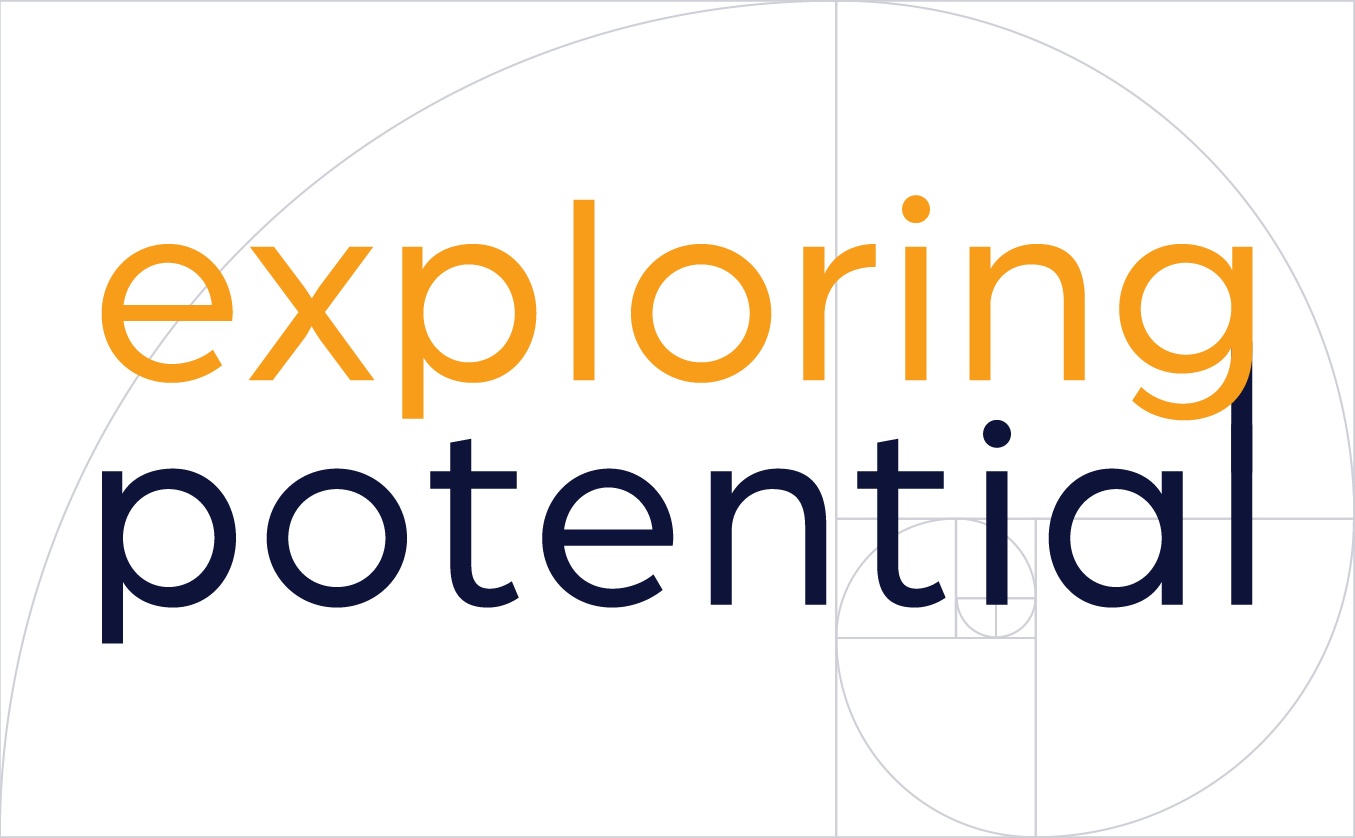Prioritizing Individuals to Reach Organizational Goals More Efficiently
How can we shift our mindset as leaders as well as change our business structure to foster more organic organizational success? It begins with creating a culture within our company that fosters a safe space for our people to learn, try, and sometimes even fail. A paradigm shift towards prioritizing individuals and their growth and acknowledging that we are all human emerges as a key driver for achieving overarching goals. Today we discuss the profound impact prioritizing individuals within the framework of organizational objectives.
What Happens When We Structure Our Values on Performance Based Language and Achievements?
Traditionally, individual success within a role often hinges on a performance-based structure where individuals are encouraged to consistently deliver at their highest capacity, with punitive repercussions looming for any deviations from the established track. This approach, though seemingly straightforward, can actually become counter-productive. “What happens when we aren’t on our A-game?” “Will the repercussions for simply being human cause me to take a critical hit?” We’ve all been here; this pressure never feels good, and it certainly doesn’t lend itself to maintaining a healthy work flow where we can blossom.
When individuals perceive the workplace as a constant battleground where any slip in performance triggers negative consequences, morale takes a hit. Lowered morale translates into decreased motivation and engagement, creating a cycle where managers must continuously pivot to re-motivate their team members after challenges. This constant need for redirection not only consumes valuable resources but can stifle creativity, decrease positive feelings towards the workplace in general, and ultimately proves to be an inefficient way to align individual efforts with organizational goals. The performance-based model, while aiming for productivity, inadvertently introduces hurdles that hinder the seamless progression towards shared objectives.
How Can We Change Our Company Culture to Foster Respect and Ultimately, Encourage Organizational Efficiency?
By contrast, when we shift our perspective to a “developmental” or “advancement” mindset, we are focused on creating an environment where individuals trust that the organization supports their growth and acknowledges their humanness. This approach holds the key to unlocking a more natural alignment between individual aspirations and organizational objectives. Here, individuals are equipped with the tools to understand their trajectory within the organization by leaders who they can trust, knowing that their contributions are recognized and valued, even if they have an off day. This culture allows individuals the space to pivot and adapt without the fear of punitive consequences. This freedom promotes self-motivation and a proactive approach to professional development, creating a workforce that willingly contributes towards organizational success because they simply feel safe.
The shift towards prioritizing individuals within an organization is not just a modern trend but a strategic necessity that takes commitment to the process and investment in leadership. Embracing this concept unlocks the true potential of each team member, creating a harmonious journey towards shared goals.
Prioritizing Individuals to Reach Organizational Goals More Efficiently
How can we shift our mindset as leaders as well as change our business structure to foster more organic organizational success? It begins with creating a culture within our company that fosters a safe space for our people to learn, try, and sometimes even fail. A paradigm shift towards prioritizing individuals and their growth and acknowledging that we are all human emerges as a key driver for achieving overarching goals. Today we discuss the profound impact prioritizing individuals within the framework of organizational objectives.
What Happens When We Structure Our Values on Performance Based Language and Achievements?
Traditionally, individual success within a role often hinges on a performance-based structure where individuals are encouraged to consistently deliver at their highest capacity, with punitive repercussions looming for any deviations from the established track. This approach, though seemingly straightforward, can actually become counter-productive. “What happens when we aren’t on our A-game?” “Will the repercussions for simply being human cause me to take a critical hit?” We’ve all been here; this pressure never feels good, and it certainly doesn’t lend itself to maintaining a healthy work flow where we can blossom.
When individuals perceive the workplace as a constant battleground where any slip in performance triggers negative consequences, morale takes a hit. Lowered morale translates into decreased motivation and engagement, creating a cycle where managers must continuously pivot to re-motivate their team members after challenges. This constant need for redirection not only consumes valuable resources but can stifle creativity, decrease positive feelings towards the workplace in general, and ultimately proves to be an inefficient way to align individual efforts with organizational goals. The performance-based model, while aiming for productivity, inadvertently introduces hurdles that hinder the seamless progression towards shared objectives.
How Can We Change Our Company Culture to Foster Respect and Ultimately, Encourage Organizational Efficiency?
By contrast, when we shift our perspective to a “developmental” or “advancement” mindset, we are focused on creating an environment where individuals trust that the organization supports their growth and acknowledges their humanness. This approach holds the key to unlocking a more natural alignment between individual aspirations and organizational objectives. Here, individuals are equipped with the tools to understand their trajectory within the organization by leaders who they can trust, knowing that their contributions are recognized and valued, even if they have an off day. This culture allows individuals the space to pivot and adapt without the fear of punitive consequences. This freedom promotes self-motivation and a proactive approach to professional development, creating a workforce that willingly contributes towards organizational success because they simply feel safe.
The shift towards prioritizing individuals within an organization is not just a modern trend but a strategic necessity that takes commitment to the process and investment in leadership. Embracing this concept unlocks the true potential of each team member, creating a harmonious journey towards shared goals.

